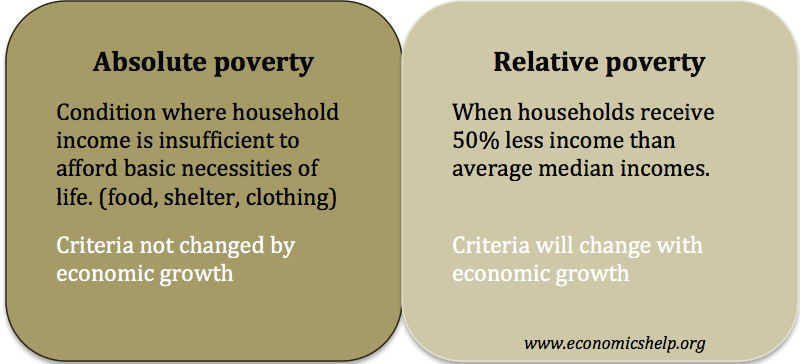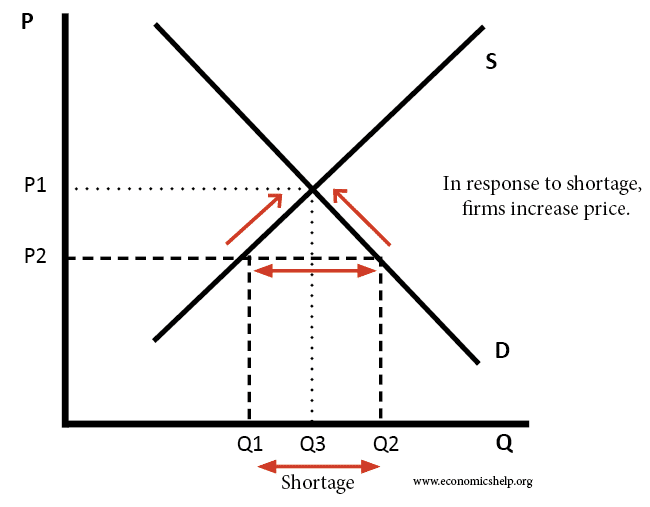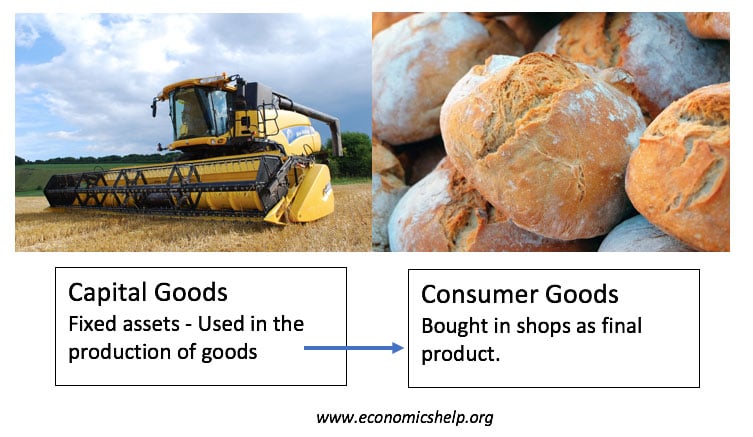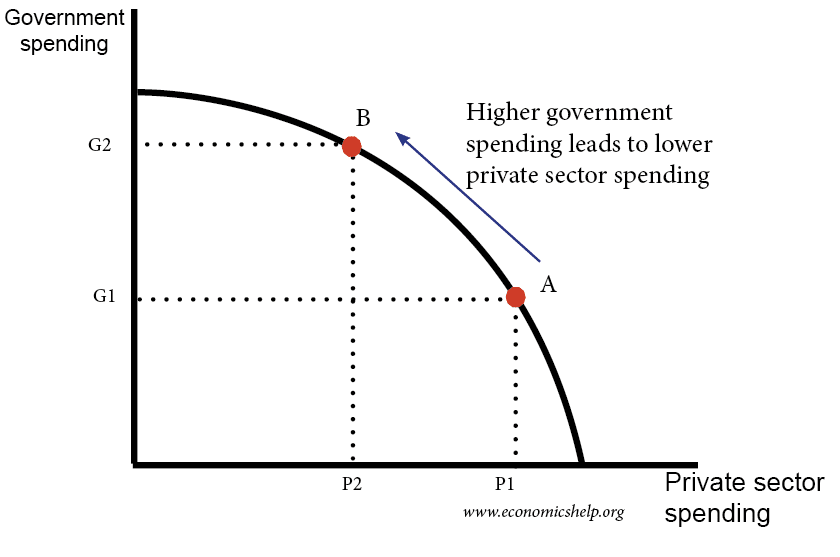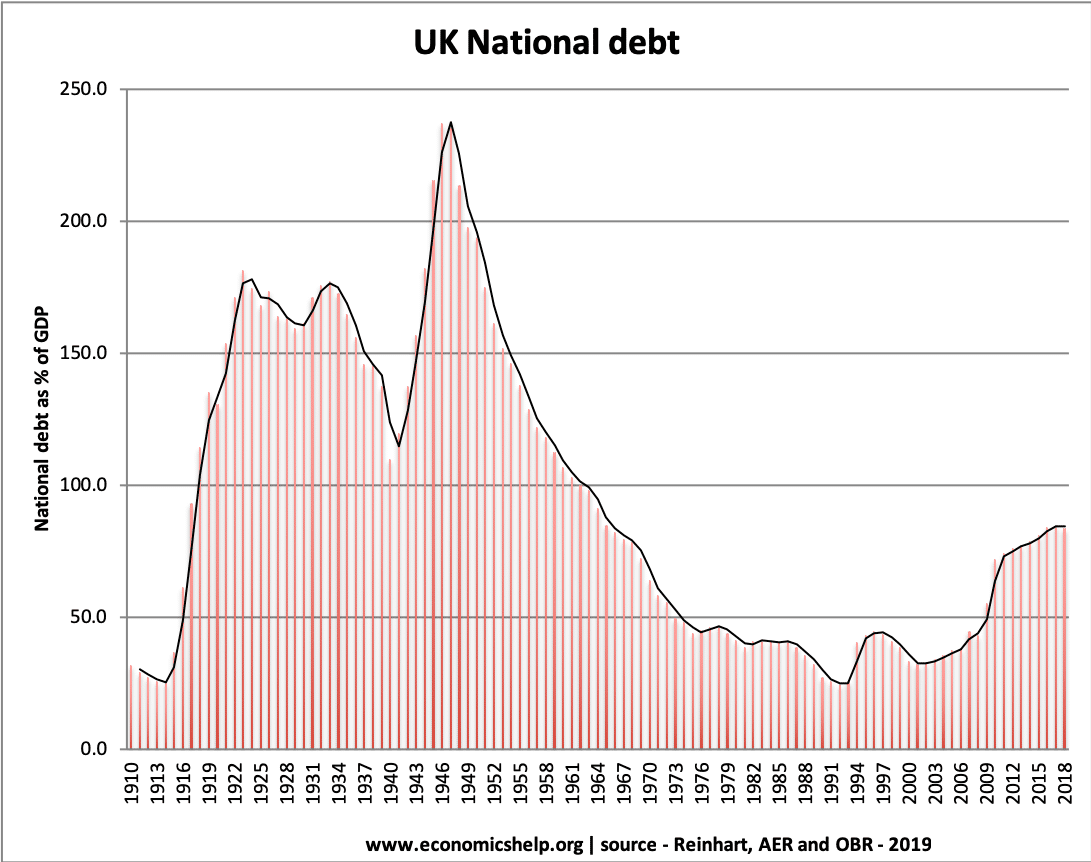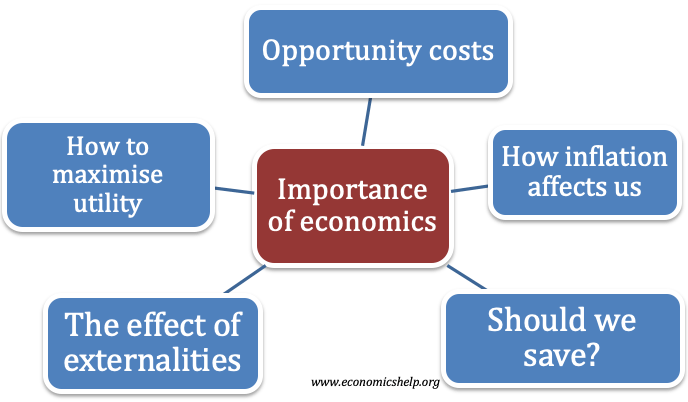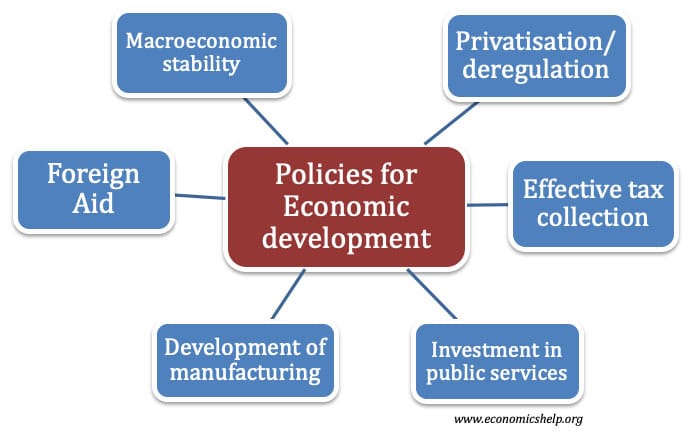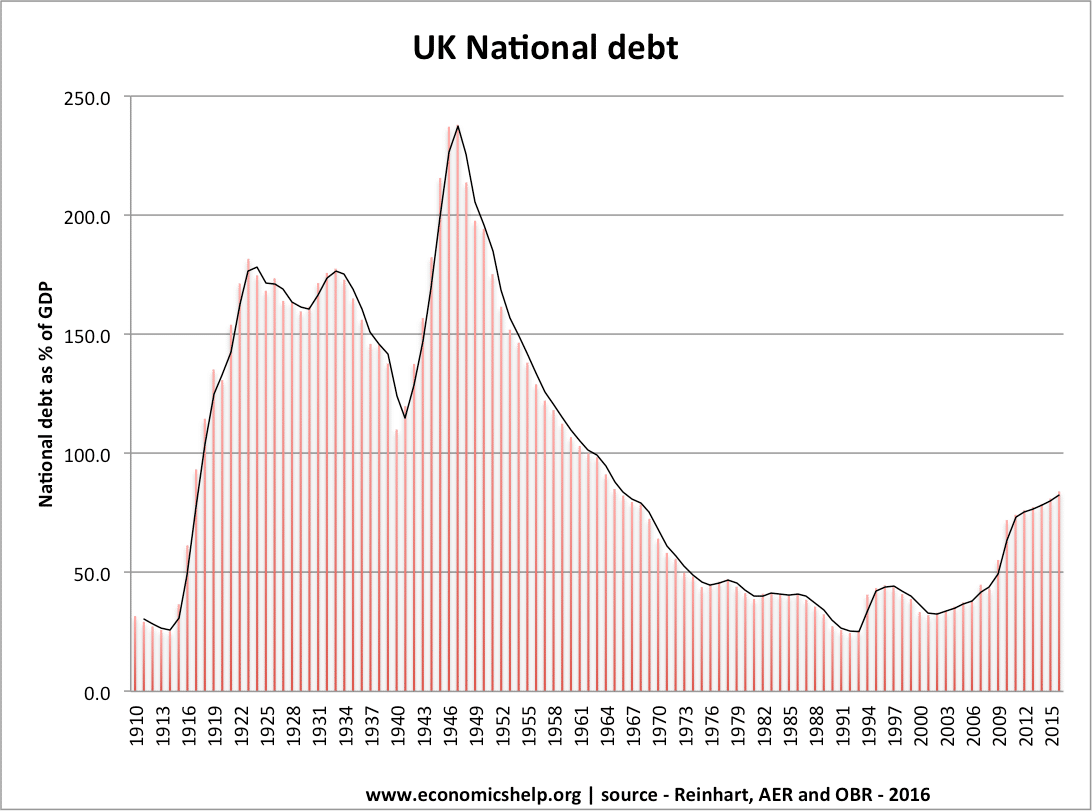Definition of absolute and relative poverty
There are two main classifications of poverty: Absolute poverty – is a condition where household income is below a necessary level to maintain basic living standards (food, shelter, housing). This condition makes it possible to compare between different countries and also over time. Relative poverty – A condition where household income is a certain percentage …

